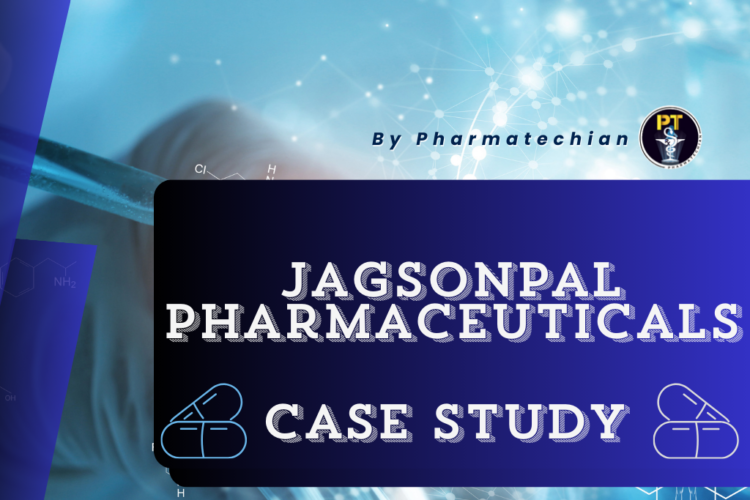
1. Growth and Expansion Strategy
Overview:
GlaxoSmithKline (GSK) has employed a robust growth and expansion strategy focusing on mergers and acquisitions (M&A), research and development (R&D) investments, and market penetration.
Key Milestones:
- 2000 Merger: Formation of GSK through the merger of Glaxo Wellcome and SmithKline Beecham, creating one of the largest pharmaceutical companies globally.
- Acquisitions: Notable acquisitions include Novartis’ vaccines business in 2015 and Tesaro in 2018, expanding its oncology portfolio.
- Market Penetration: GSK’s expansion in emerging markets like India and China has been pivotal, with significant investments in manufacturing and local partnerships.
Graphical Representation:
2. Innovation and R&D in GSK Pharmaceuticals
Overview:
GSK’s commitment to R&D is central to its strategy, focusing on innovative therapies and vaccines.
R&D Investments:
- Investment: GSK consistently invests around 15% of its annual revenue in R&D.
- Innovation Pipeline: The company has a strong pipeline with over 40 new medicines and 15 vaccines in development as of 2024.
- Collaborations: GSK partners with institutions like the University of Oxford for vaccine development, showcasing its focus on collaboration-driven innovation.
Graphical Representation:
3. Challenges and Regulatory Compliance
Overview:
GSK faces significant challenges, especially in regulatory compliance and patent laws.
Major Challenges:
- Regulatory Scrutiny: GSK has been involved in several regulatory investigations, including a $3 billion settlement with the U.S. Department of Justice in 2012 for improper marketing practices.
- Patent Laws: Navigating patent expirations, especially in India, where patent protection is less stringent, has been challenging.
Navigation Strategies:
GSK has strengthened its compliance frameworks and adopted strategies like reformulating drugs to extend patent life.
4. Impact of COVID-19 on GSK
Overview:
The COVID-19 pandemic had a profound impact on GSK’s operations, supply chain, and market strategies.
Adaptation Strategies:
- Vaccine Development: GSK collaborated with other companies like Sanofi to develop COVID-19 vaccines.
- Supply Chain Resilience: The company enhanced its supply chain agility to ensure the availability of critical medicines and vaccines.
- Long-term Effects: The pandemic accelerated GSK’s focus on vaccines and infectious diseases, shaping its long-term strategy.
Graphical Representation:
5. Market Penetration and Globalization
Overview:
GSK’s globalization strategy involves deepening its presence in emerging markets and expanding in developed regions.
Strategies:
- Emerging Markets: GSK has increased its footprint in India, Brazil, and China through local manufacturing and strategic partnerships.
- Developed Markets: Continued focus on the U.S. and Europe, with products tailored to market-specific needs.
Graphical Representation:
6. Corporate Social Responsibility (CSR) and Ethical Practices
Overview:
GSK is known for its robust CSR initiatives focusing on public health, education, and environmental sustainability.
Key Initiatives:
- Access to Medicines: GSK has committed to making essential medicines accessible in low-income countries, including price reductions.
- Environmental Sustainability: GSK has set ambitious goals to reduce its carbon footprint by 25% by 2030.
Impact:
These initiatives have bolstered GSK’s reputation as a socially responsible company, enhancing its brand value.
7. Supply Chain Management and Operational Efficiency
Overview:
GSK’s supply chain management is critical to its operational efficiency, ensuring the timely delivery of products globally.
Strategies:
- Technology Integration: GSK uses AI and IoT for predictive maintenance in manufacturing and real-time supply chain tracking.
- Operational Excellence: Continuous improvement programs to optimize manufacturing processes and reduce waste.
Graphical Representation:
8. Competitor Analysis and Market Position
Overview:
GSK competes with major pharmaceutical companies like Pfizer, Merck, and Johnson & Johnson.
Comparative Analysis:
- Market Position: GSK is among the top 10 global pharmaceutical companies by revenue.
- Product Portfolio: GSK’s focus on vaccines, respiratory, and oncology therapies differentiates it from competitors.
Graphical Representation:
9. Sustainability and Environmental Impact
Overview:
Sustainability is a core focus for GSK, with efforts aimed at reducing environmental impact and enhancing sustainable practices.
Initiatives:
- Waste Management: GSK has implemented waste reduction programs and aims for zero waste to landfill by 2025.
- Sustainable Sourcing: The company focuses on sustainable sourcing of raw materials, particularly in its supply chain.
Future Plans:
GSK plans to further reduce its carbon emissions and expand its use of renewable energy sources.
10. Financial Performance and Investment Strategies
Overview:
GSK’s financial strategies focus on sustainable growth, profitability, and strategic investments.
Financial Analysis:
- Revenue Growth: GSK has consistently grown its revenue, with a 5% CAGR over the last decade.
- Profitability: The company maintains strong profit margins through cost control and strategic pricing.
Investment Strategies:
GSK continues to invest in R&D, strategic acquisitions, and expanding its global footprint.
Graphical Representation:
11. Problems in the Company or Challenges
Current Challenges:
- Regulatory Issues: Ongoing challenges with regulatory compliance in multiple regions.
- Competition: Intense competition in key markets, particularly in generics and vaccines.
- Patent Expirations: Loss of exclusivity on key drugs poses a significant risk.
Response:
GSK is addressing these challenges through innovation, strategic collaborations, and enhancing its compliance frameworks.
12. Future Plans
Strategic Priorities:
- Innovation: Continue to focus on novel therapies and vaccines.
- Expansion: Deepen presence in emerging markets and continue growth in developed regions.
- Sustainability: Increase efforts towards reducing environmental impact and enhancing CSR activities.
Graphical Representation:
13. Adoption of Artificial Intelligence (AI) and Blockchain
Overview:
GSK is increasingly integrating AI and blockchain technologies into its operations.
Applications:
- AI in Drug Discovery: Accelerating the drug discovery process through AI-driven research.
- Blockchain in Supply Chain: Enhancing supply chain transparency and security through blockchain technology.
- Predictive Analytics: Using AI for predictive analytics in manufacturing and quality control.
Impact:
These technologies are expected to improve efficiency, reduce costs, and enhance product quality, reinforcing GSK’s competitive advantage.
Graphical Representation:
Author




